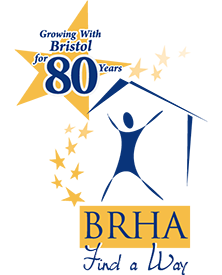“Housing Needs a Vaccine” – Housing Virginia Microblog
The coronavirus pandemic has been our reality now for five months. We are awfully familiar with the devastating effects it continues to have on our communities. But many uncertainties lay ahead. How can schools safely reopen? Will persons who recover have lingering health issues? When might there be a vaccine?
The viability of affordable housing as we know it might be the next big problem. While eviction prevention has garnered most of the attention and advocacy during the pandemic—and rightfully so—the creation and preservation of affordable homes across the country will soon become immeasurably more difficult.

“Anything that could make it unattractive or difficult to build affordable housing is happening right now,” Brookings fellow Jenny Schuetz says in a recent CityLab article. Contracting state and local budgets, production delays, and material shortages are all likely precursors of a reduction in future affordable housing starts. Another worry is the potential dilution of Low-Income Housing Tax Credits as investors see their tax liabilities shrink—a trend that would dampen the most effective affordable housing production tool in Virginia and the nation. (For now, the LIHTC equity market remains stable, according to Novogradac.)
At the same time, the need for affordable homes has never been more critical. New research from NLIHC estimates 12 to 17 million households across America are at risk of eviction as job losses become permanent. In Virginia, up to 384,000 households are at risk—over a third of all renters.
Still, there may be a silver lining. Localities can explore counter-cyclical progress on affordable housing by helping nonprofits develop vacant properties, prioritizing housing trust funds, allowing denser development, and transforming underused commercial parcels into residences. Will we rise to the challenge?

